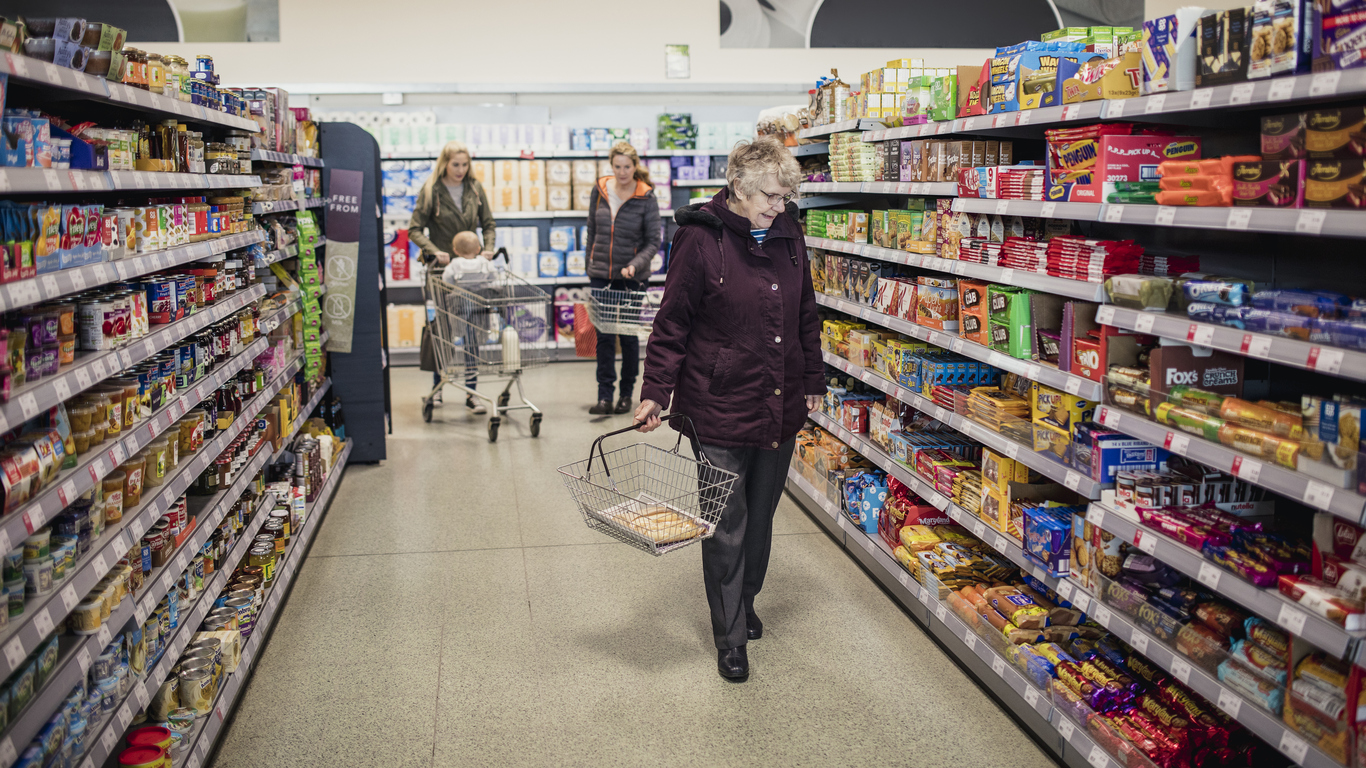Poverty, poor public transport and a dearth of amenities are leaving poor, elderly and disabled people stranded in so-called ‘food deserts’.
Over a million people have little access to affordable fresh food according to a study produced by Kellogg’s and thinktank Social Market Foundation. With so many facing the same dilemma, the UK’s most disadvantaged are prevented from even the most basic shopping experience if they cannot afford to fork out for a round-trip in a taxi.
These food deserts were identified as being one in ten of the UK’s most deprived neighbourhoods, and were defined as having a population of 5-15,000 people with access to two or fewer big supermarkets. Many of these areas are dotted with smaller convenience stores – which are demonstrably more expensive and less likely to stock fresh, healthy supplies.
Some of the impacted areas were identified as Hattersley in Greater Manchester, Rumney in Cardiff, Everton in Liverpool and Dalmarnock in Glasgow.
This can mean having to carry their food shopping a long distance, a struggle that many older people living in food deserts experience
The health ramifications of the food desert crisis show no sign of slowing down, with poor nutrition leading to a spike in conditions such as diabetes and obesity. Poor, disabled and elderly people are disproportionately affected, either physically or financially unable to travel long distances for affordable and healthy food.
Megan Blake, an expert on food security and food justice, told The Big Issue in an email: “This can mean having to carry their food shopping a long distance, a struggle that many older people living in food deserts experience.”










